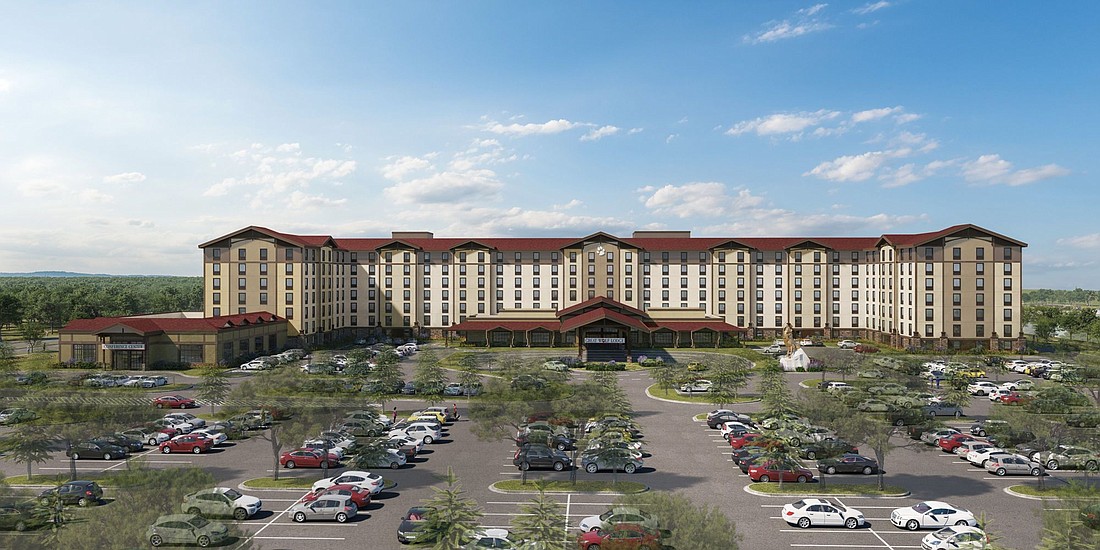- December 13, 2025
-
-
Loading

Loading

When it came down to it, the decision was fairly easy. Naples made sense. It met the criteria. It hit every metric.